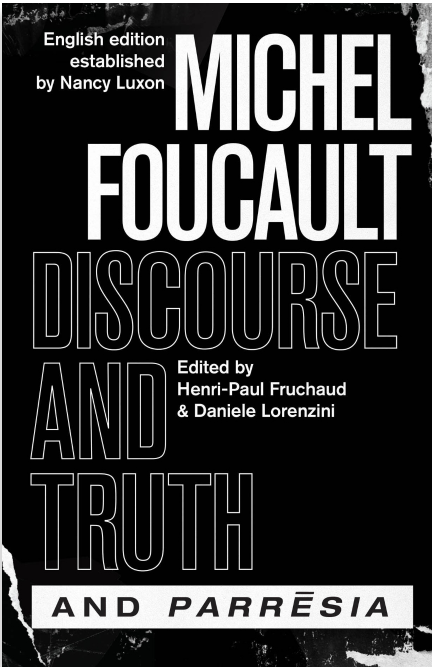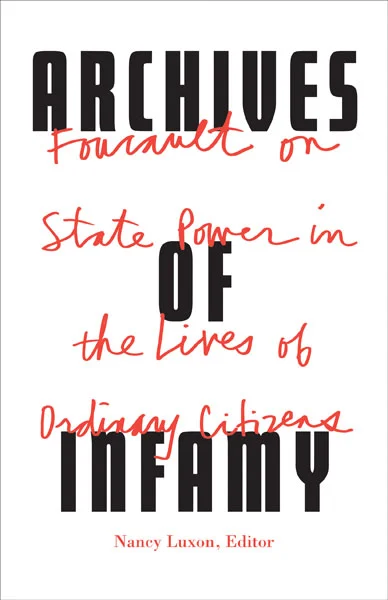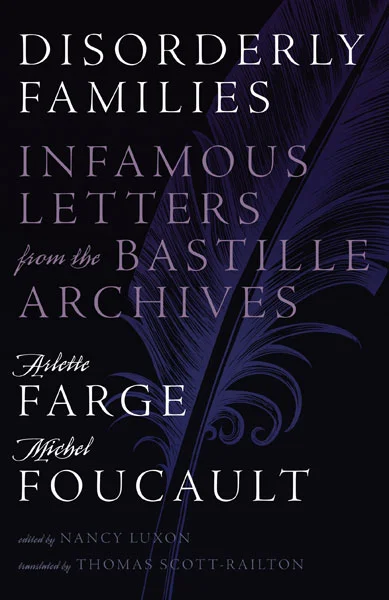Discourse and Truth, aka the Berkeley lectures, revised with a new critical apparatus
This volume collects a series of lectures given by Michel Foucault late in his career. The book is composed of two parts: a talk, Parrēsia, delivered at the University of Grenoble in 1982, and a series of lectures entitled “Discourse and Truth,” given at the University of California, Berkeley in 1983, which appears here for the first time in its full and correct form. Together, they provide an unprecedented account of Foucault’s reading of the Greek concept of parrēsia, often translated as “truth-telling” or “frank speech.” The lectures trace the transformation of this concept across Greek, Roman, and early Christian thought, from its origins in pre-Socratic Greece to its role as a central element of the relationship between teacher and student. In mapping the concept’s history, Foucault’s concern is not to advocate for free speech; rather, his aim is to explore the moral and political position one must occupy in order to take the risk to speak truthfully.
These lectures—carefully edited and including notes and introductory material to fully illuminate Foucault’s insights—are a major addition to Foucault’s English language corpus.
Expanding the insights of Arlette Farge and Michel Foucault’s Disorderly Families into policing, public order, (in)justice, and daily life
Crisscrossing the Atlantic to collect unpublished radio broadcasts, book reviews, and essays, Archives of Infamy provides historical and archival contexts to the translation of Disorderly Families by Arlette Farge and Michel Foucault. It offers a new perspective on the crystallization of ideas—of the family, gender relations, and political power—into social relationships and the regimes of power they engender.
Interview: KUMD
The first English translation of letters of arrest from eighteenth century France held in the archives of the Bastille
First published in French in 1982, this first English translation of Disorderly Families contains ninety-four letters collected by Arlette Farge and Michel Foucault from ordinary families who submitted complaints to the king of France to intervene and resolve their family disputes. Together, these 18th century letters offer unusual insight into the infamies of daily life.
Reviews: Times Literary Supplement, London Review of Books, Symploke, Kirkus
How can individuals make ethical judgments about power and politics? Crisis of Authority analyzes the practices that bind authority, trust and truthfulness in contemporary theory and politics. I locate two models for such practices in Sigmund Freud's writings on psychoanalytic technique and Michel Foucault's lectures on the ancient ethical practices of 'fearless speech,' or parresia. I argue that the dynamics provoked by the figures of psychoanalyst and truth-teller are central to this process. My account offers a more supple understanding of the modern ethical subject and new insights into political authority and authorship.
Reviews: Political Theory, Perspectives



